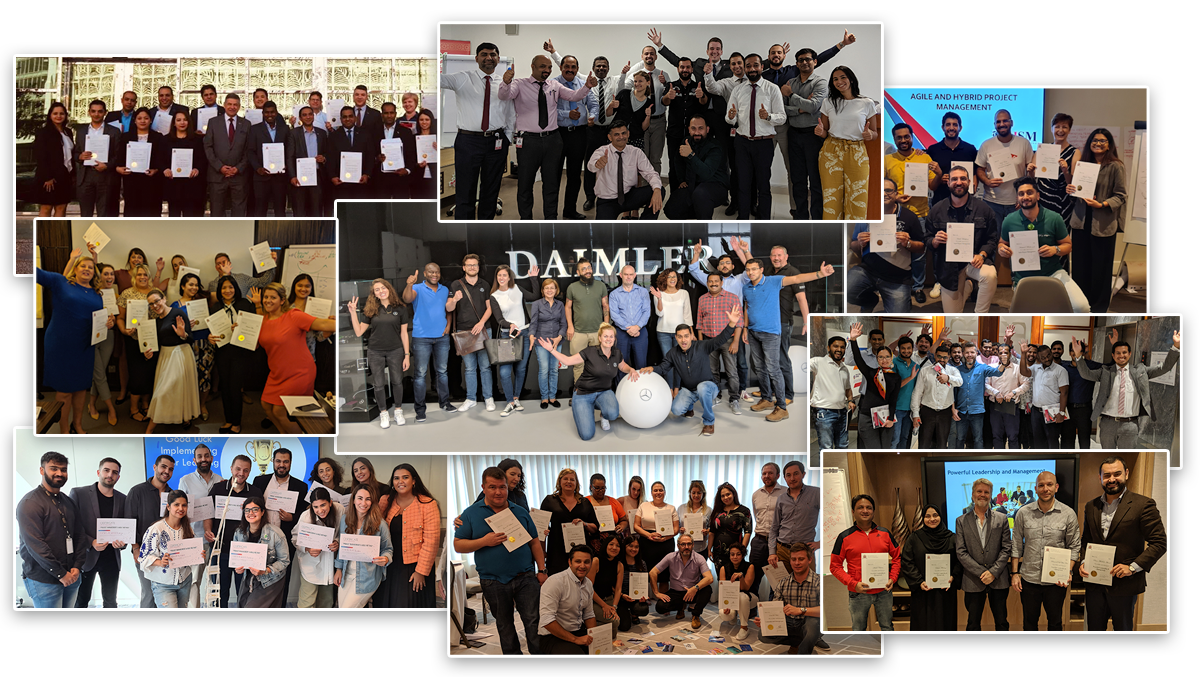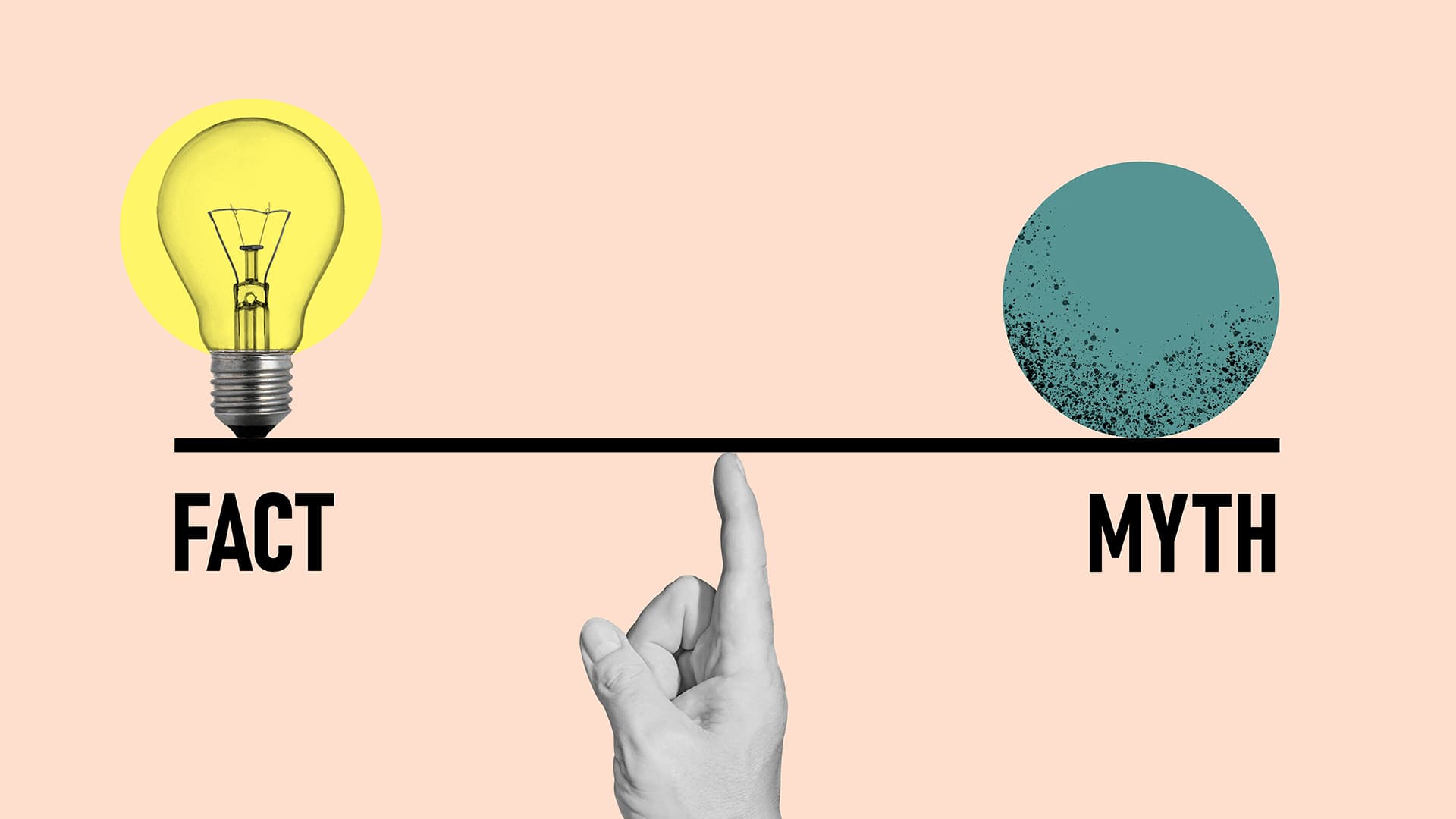Consultative selling is not about pushing a product. It is about uncovering your customer’s true needs through thoughtful questions and conversation.
By mastering the best consultative selling probing questions, you position yourself as a trusted advisor who delivers real solutions.
Why Trust ISM Training?
Over 20,000+ graduates
Have advanced their career with ISM Training
89%
of ISM graduates say our course helped them get a promotion.
76%
said that their training helped then increase their salary.
97%
of graduates want to study more of our courses.
Our graduates are working in some of the biggest companies worldwide, companies like...






What does consultative selling mean?
Consultative selling is a sales approach where the seller acts as an advisor.
They focus on understanding the customer’s needs through questions and dialogue. Instead of just pitching a product, the goal is to offer a tailored solution that genuinely helps the customer.
Start your course today!
We offer a comprehensive curriculum that covers all of the essential topics. Our experienced instructors will provide you with the support and guidance that you need to succeed.
Consultative selling questioning techniques
Consultative selling is not just about what questions to ask, but also about how to ask them. As a sales rep, you do not want to seem intimidating, annoying or pushy.
So, how can you become better at how you ask questions as a sales professional?
Be genuinely interested
You have probably heard that asking open-ended questions is a must.
The most important part of asking these kinds of questions is actually being able to listen. If it seems like you are only there to tick some questions off your list, then this might become an issue.
65% of salespeople claim they puy their client first, but only 23% of buyers agree. Consultative selling is only effective when there is a human element to it. Otherwise, it will not seem genuine and will fail.
Instead, acknowledge your buyers’ answers, and ask them follow-up questions.
Avoid robotic responses
Each answer your customer has should be met with some feedback.
You can choose to ask them a follow-up question based on what they have just said or opt for rephrasing what they have told you to get an affirmation that that is what they have had in mind.
Saying “Sure”, “Awesome”, “Great”, “Okay”, “I see”, Let’s move on” is not what would make you stand out as a consultative seller.
Don’t be pushy
According to Salesforce, 84% of business buyers expect sales reps to act as trusted advisers. However, 73% of customers say that most sales feel transactional to them.
Your questions should be asked in a way that makes the customer want to answer them.
However, if for whatever reason they are not comfortable with answering your question, you should not be pressuring them to do so.
Ask, don’t guess
If somebody tells you they are looking for something specific, but you are not sure what that is – ask them.
For example, if a person says they are looking for a product that is easy to use, do not assume that they want a sleek design. Ask them: what is your understanding of a sleek design? Do you have any examples?
Practice often
Insist on practicing regularly. You can do it with your colleagues, family or friends. Do not underestimate recording yourself.
For more tips on how to become great at consultative selling, read our guide to consultative sales techniques.
We let our graduates do the talking...
What are the best consultative selling questions?
Knowing how to ask consultative questions is one thing—but knowing what to ask is just as important.
The most effective consultative selling questions typically fall into five key stages:
- Discovery and understanding needs
- Digging deeper
- Vision and future planning
- Decision-making process
- Closing insightfully
Here are some consultative selling questions examples for each stage of the consultative sales process:
Why am I here?
If you are looking for an effective opening consultative selling question, this is it. When you first meet your potential client, you need to understand what they’re expecting from the conversation.
This question gives them space to outline their needs in their own words. Take notes and let them speak freely.
How much is your problem costing you?
This question helps the customer quantify the impact of their challenge. If the cost is significant and your solution can fix the issue for a fraction of that amount, they’ll be far more open to what you have to offer.
What happens if you don’t solve this problem now?
Sometimes the stakes are high—solving the problem could help your contact avoid setbacks or even secure a promotion. Understanding the urgency helps you frame a solution in light of real consequences.
How is this issue affecting your day-to-day operations?
Ask this to get detailed insight into how the problem disrupts their workflow. You are aiming to uncover:
- Pain points
- Operational impact
- Underlying motivations
By understanding the day-to-day impact, you can position your solution as essential—not optional.
Where do you see yourself 12 months from now?
Vision-based questions reveal the bigger picture.
Can your product or service help the customer achieve long-term success? If the answer is yes, you’re not just solving a problem—you’re helping them grow.
Would it be helpful if I shared some ideas based on what you’ve told me?
This is a great question to wrap up your meeting. It transitions the conversation toward a tailored recommendation while confirming the customer feels heard and understood.
A strong summary followed by this question shows you’re aligned and ready to move forward—without being pushy.
So, if you want to get ahead, learn how to follow up–this will help you rewarm deals that could have otherwise gone cold.
Looking further ahead?
View our course calendar in full
Summary: asking better questions in consultative selling
To succeed in consultative selling, it is not just about knowing your product—it is about knowing your customer. The right questions help you understand their real needs, build trust, and guide the conversation.
Ask open-ended questions. Listen carefully to their answers. Use what you learn to offer solutions that make a real difference.
Start by asking why they need your help. Dig deeper to find out whether and how their problem affects their work. Ask about their future goals. End by checking if they are open to hearing your ideas.
When you ask the right way—and show genuine interest—you build stronger relationships and close better deals. Keep practicing, and your confidence will grow with every conversation.
How ISM Dubai can help you become great at consultative selling
At ISM Dubai, we offer expert-led sales training designed to:
- Increase sales performance through client-focused techniques
- Build stronger, trust-based customer relationships
- Improve negotiation and communication skills
- Equip sales teams with real-world, solution-oriented sales strategies
With years of experience training Dubai’s professionals, we understand the importance of a consultative sales approach in today’s competitive environment.
Contact ISM Dubai to learn how our consultative selling training can transform your sales conversations.
Frequently Asked Questions
Consultative selling focuses on understanding the client’s unique challenges and offering tailored solutions, rather than pushing a standard product or service.
Are you looking for consultative selling questions to ask? Start by asking, “What challenges are you currently facing in your business?” and “What would success look like for you with a solution in place?” These questions help guide the conversation toward meaningful solutions.
Be genuinely curious, listen actively, and tailor your follow-up questions to their answers instead of sticking to a rigid script.
Avoid guessing—ask clarifying questions like “What does that mean to you?” or “Can you give me an example?” to get to the root of the issue.
Practice regularly, record your mock conversations, and focus on sounding natural, empathetic, and client-centred during every interaction.
Join 1000's of individuals and teams certified by the Institute of Sales & Marketing

Our trending courses
At ISM, we combine top-tier training courses with industry-leading instructors.
View all coursesTestimonials from Our Valued Clients
Discover the transformative experiences our clients have had with our training programs.
Hear directly from those who have unlocked their potential and achieved remarkable success.

Some other providers courses can be quite a chore! However, I felt fully engaged and excited by all the new selling tools I have...

Daniel Graham

Instead of just telling me what to do, they showed us how to do it as well as why to do it. They used real-life experiences...

Sujit Nair

The training was delivered in an easy to absorb manner and focused on all the key areas...

Paul Baker CFP



